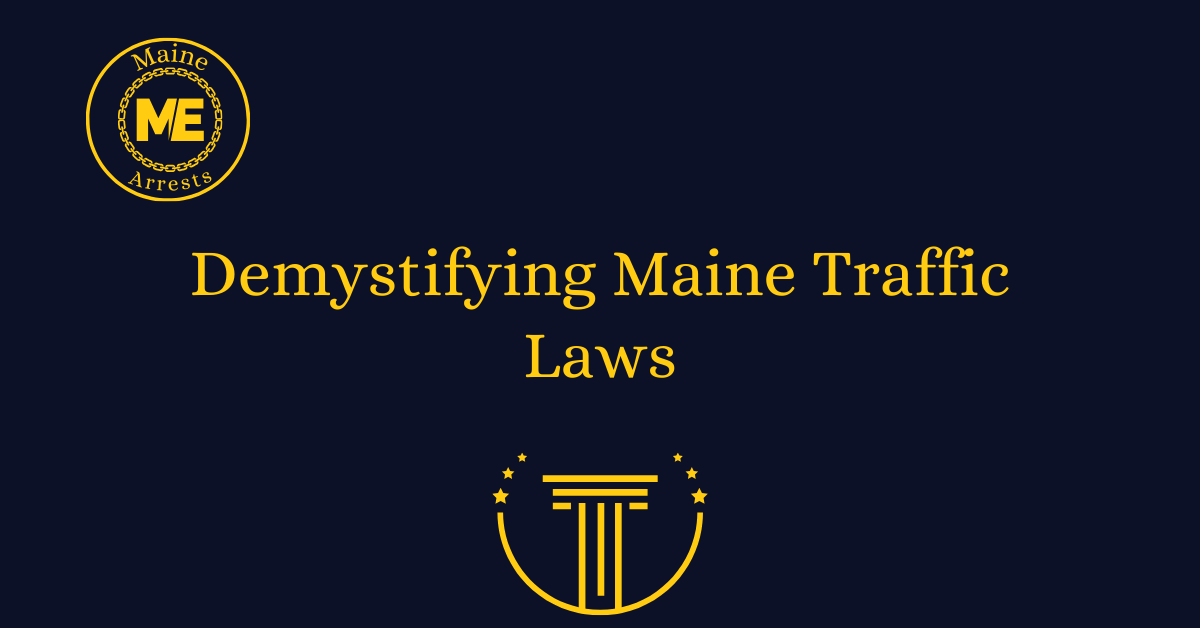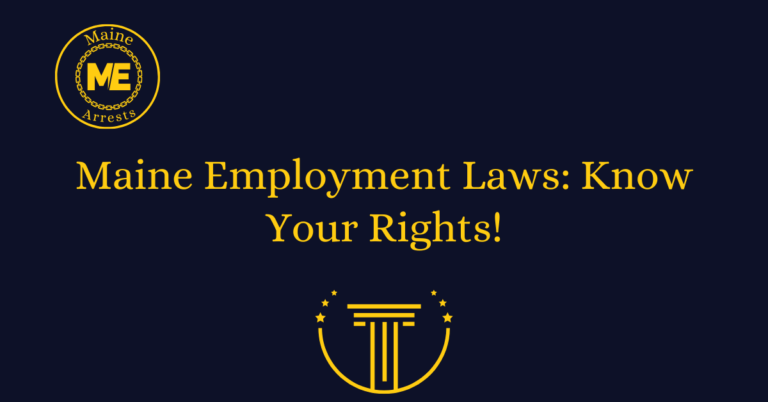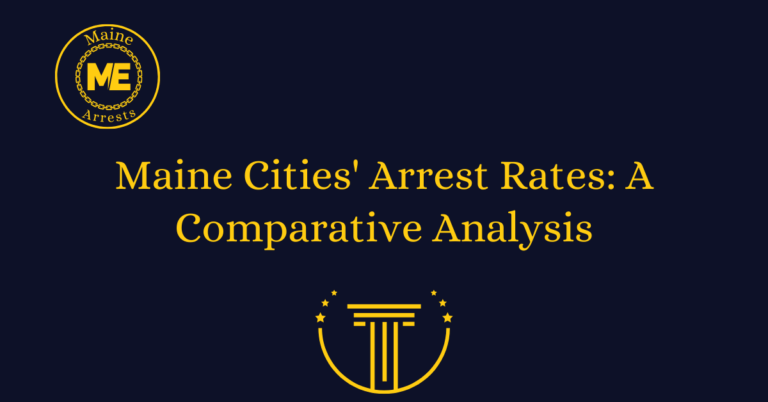Demystifying Maine Traffic Laws
Driving on Maine’s roads can be a pleasant experience, but it’s essential to understand and abide by the state’s traffic laws to ensure safety for all road users. From speed limits to right-of-way rules, here’s a comprehensive guide to demystifying Maine’s traffic laws.
Speed Limits
Maine’s speed limits are set to ensure the safety of drivers and pedestrians alike. On interstate highways, the maximum speed limit is typically 70 miles per hour (mph), unless otherwise posted. On rural highways, the limit is usually 55 mph, while in urban areas, it’s typically 30 mph. However, always be on the lookout for posted signs indicating specific speed limits in different areas.
Right-of-Way Rules
Understanding right-of-way rules is crucial for safe driving in Maine. When approaching intersections without traffic lights or stop signs, vehicles must yield to those already in the intersection or approaching from the right. At four-way stops, the vehicle that arrives first has the right of way, followed by those on the right if multiple vehicles arrive simultaneously.
Seat Belt Laws
Maine law requires all drivers and passengers to wear seat belts while the vehicle is in motion. Children under the age of 18 must be properly restrained regardless of where they are seated in the vehicle. Failure to comply with seat belt laws can result in fines and penalties.
DUI Laws
Driving under the influence (DUI) of alcohol or drugs is strictly prohibited in Maine. The legal blood alcohol concentration (BAC) limit is 0.08% for drivers aged 21 and over and 0.00% for drivers under 21. Penalties for DUI offences in Maine include fines, license suspension, and possible imprisonment, depending on the severity of the violation.
Traffic Signals and Signs
Obeying traffic signals and signs is paramount for safe driving. Red means stop, yellow indicates caution, and green signifies the all-clear to proceed. Yield signs require drivers to give the right of way to other vehicles or pedestrians, while stop signs mandate a complete stop before proceeding. Ignoring traffic signals and signs can lead to accidents and legal consequences.
Passing and Overtaking
When passing another vehicle on Maine’s roads, drivers must ensure it’s safe to do so. Passing is only permitted in areas where there’s a broken yellow line on the driver’s side of the centerline. It’s illegal to pass on solid yellow lines or when visibility is limited, such as on hills or curves.
Pedestrian Laws
Maine’s pedestrian laws aim to protect those on foot. Drivers must yield to pedestrians in crosswalks and give them ample time to cross the road safely. It’s also essential to be vigilant in areas where pedestrians are likely to be present, such as school zones and busy downtown areas.
School Bus Laws
When approaching a stopped school bus with its red lights flashing and stop arm extended, drivers must come to a complete stop and remain stationary until the bus resumes motion. Failure to stop for a school bus loading or unloading passengers is a serious offence in Maine and can result in hefty fines and license suspension.
FAQs
What are the speed limits in Maine?
In Maine, the speed limits vary depending on the type of road. On interstate highways, the speed limit is typically 70 miles per hour. On rural highways, the speed limit is usually 55 miles per hour. In urban areas, the speed limit is generally 25-35 miles per hour.
Are seat belts mandatory in Maine?
Yes, wearing seat belts is mandatory for all occupants of a motor vehicle in Maine. This includes both the driver and all passengers. Seat belts are crucial for ensuring safety and reducing the risk of severe injuries in case of an accident.
What is the law regarding cell phone use while driving in Maine?
In Maine, it is illegal to use a handheld electronic device, such as a cell phone, while operating a motor vehicle. This includes texting, making phone calls, or browsing the internet. Hands-free devices, such as Bluetooth, are allowed for making calls.
What are the consequences of driving under the influence in Maine?
Driving under the influence of alcohol or drugs is a serious offense in Maine. The consequences include fines, license suspension, mandatory alcohol education programs, and potentially even imprisonment. It is always best to designate a sober driver or use alternative transportation if you have been drinking.
What should I do if I receive a traffic ticket in Maine?
If you receive a traffic ticket in Maine, it is important to address it promptly. You have the option to pay the fine or contest the ticket in court. Ignoring the ticket or failing to respond can lead to additional penalties, such as a suspended license or a warrant for your arrest.







